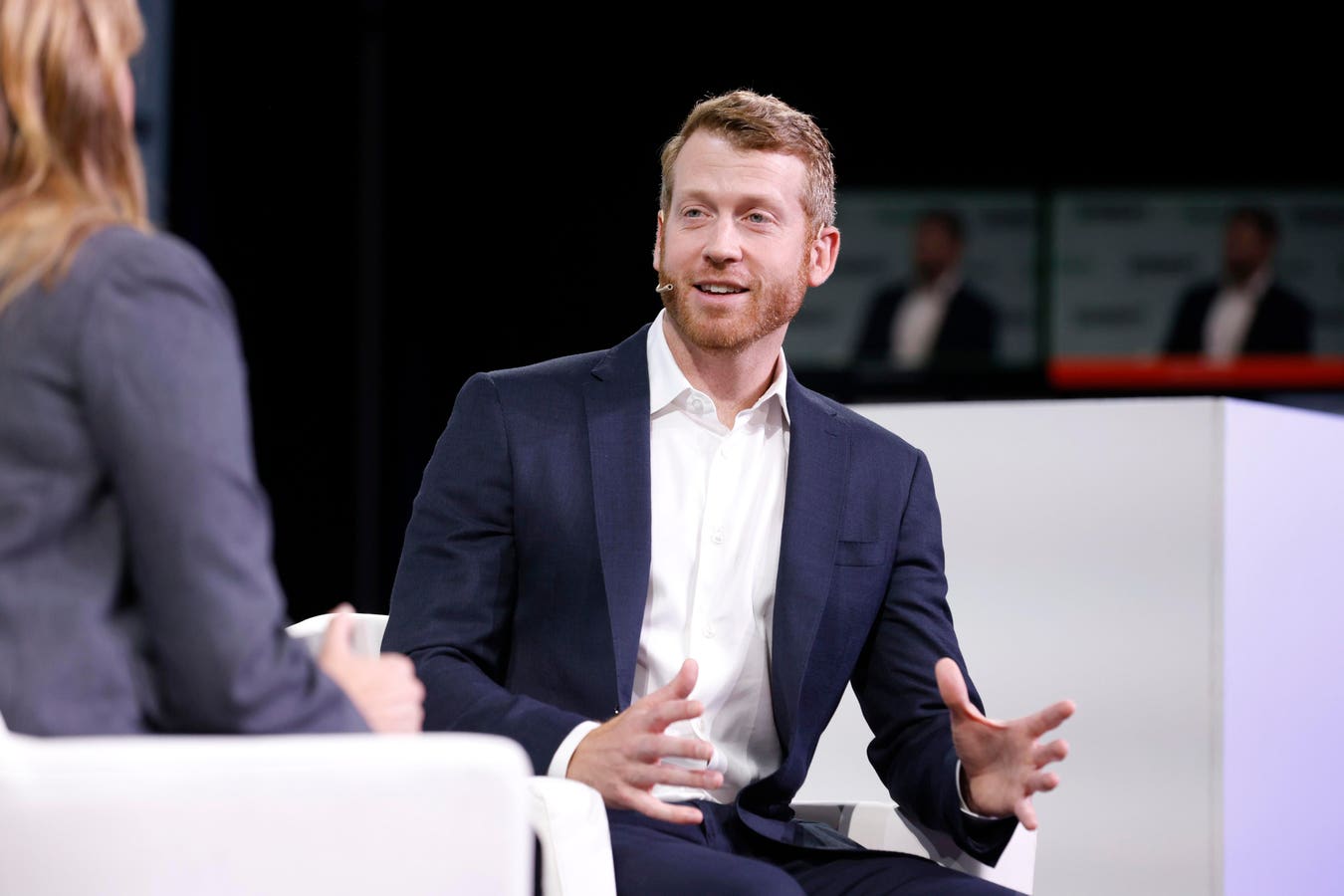Cruise CEO and co-founder Kyle Vogt resigned Sunday night less than a month after the struggling robotaxi company lost its license to operate in California and paused operations of its autonomous fleet across the country. The subsidiary of General Motors has been widely criticized for an aggressive expansion plan that did not adequately consider safety.
In a series of tweets, Vogt did not address the crisis at his company. “Cruise is still just getting started, and I believe it has a great future ahead,” he wrote. “The status quo on our roads sucks, but together we’ve proven there is something far better around the corner….Thanks for the great ride!”
In a corporate statement sent Sunday evening by spokesperson Aaron Mclear, the company said that it would continue to “strengthen public trust.”
“The results of our ongoing reviews will inform additional next steps as we work to build a better Cruise centered around safety, transparency and trust,” the company wrote. “We will continue to advance AV technology in service of our mission to make transportation safer, cleaner and more accessible.”
Vogt’s resignation comes approximately six weeks after a critical October 2 accident in the company’s hometown of San Francisco that left a woman in critical condition for weeks. In that incident, the pedestrian was crossing a San Francisco street when she was hit by a human driver and flung into the path of an oncoming Cruise autonomous vehicle, which dragged her approximately 20 feet.
On October 24, the California DMV yanked Cruise’s operating permit, and two days later the company pulled all of its remaining AVs from its operational cities in Arizona and Texas. Previously, Cruise had targeted a rollout of its fleet to a total of 10 cities, including Nashville and San Diego by the end of 2023.
In an internal email sent on Saturday, Vogt wrote that he “take[s] responsibility for the situation Cruise is in today. There are no excuses, and there is no sugar coating what has happened. Our approach is working with regulators, press, the public, and other stakeholders simply must improve. We’ve got to come back with a new plan that is grounded in what we’ve learned. We need to double down on safety, transparency, and community engagement.” The email informed employees that the company would partially reinstate its stock buyback plan, which it had canceled earlier this week, a seemingly desperate move meant to bolster an already-low employee morale.
In a text message sent to Forbes, San Francisco Supervisor Aaron Peskin, a frequent critic of Cruise, said that he had never met Vogt, but noted that Vogt “did not set a constructive tone.” Previously, Peskin had been the vanguard of the company’s opposition, and previously told Forbes that other cities and federal agencies needed to “address before these things are deployed in cities everywhere.”
For her part, GM CEO Mary Barra wrote Sunday evening to all Cruise employees that what the company had “accomplished over the past 10 years is nothing short of remarkable.”
She added: “The Board and I also want you to know that we are intensely focused on setting Cruise up for long-term success. Public trust is essential to this. As we work to rebuild that trust, safety, transparency and accountability will be our north stars.”
Vogt did not immediately respond to Forbes’ request for comment.
MORE FROM FORBES
Read the full article here





